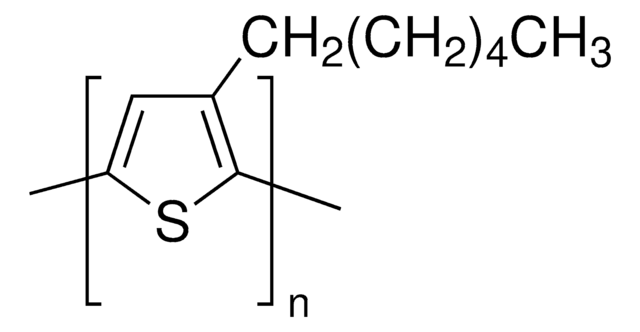GF69235926
Molybdenum
rod, 500mm, diameter 2.0mm, centerless ground, 99.9%
Sinónimos:
Molybdenum, MO007903
Iniciar sesiónpara Ver la Fijación de precios por contrato y de la organización
About This Item
Fórmula empírica (notación de Hill):
Mo
Número de CAS:
Peso molecular:
95.94
Número MDL:
Código UNSPSC:
12141727
ID de la sustancia en PubChem:
NACRES:
NA.23
Productos recomendados
Análisis
99.9%
formulario
rod
fabricante / nombre comercial
Goodfellow 692-359-26
resistividad
5.0 μΩ-cm, 20°C
L × diám.
500 mm × 2.0 mm
bp
4612 °C (lit.)
mp
2617 °C (lit.)
densidad
10.3 g/mL at 25 °C (lit.)
cadena SMILES
[Mo]
InChI
1S/Mo
Clave InChI
ZOKXTWBITQBERF-UHFFFAOYSA-N
Categorías relacionadas
Descripción general
For updated SDS information please visit www.goodfellow.com.
Información legal
Product of Goodfellow
Elija entre una de las versiones más recientes:
Certificados de análisis (COA)
Lot/Batch Number
Lo sentimos, en este momento no disponemos de COAs para este producto en línea.
Si necesita más asistencia, póngase en contacto con Atención al cliente
¿Ya tiene este producto?
Encuentre la documentación para los productos que ha comprado recientemente en la Biblioteca de documentos.
Bernd Masepohl et al.
Advances in experimental medicine and biology, 675, 49-70 (2010-06-10)
The vast majority of the purple nonsulfur photosynthetic bacteria are diazotrophs, but the details of the complex regulation of the nitrogen fixation process are well understood only for a few species. Here we review what is known of the well-studied
Ralf R Mendel et al.
Biochimica et biophysica acta, 1823(9), 1568-1579 (2012-03-01)
The transition element molybdenum (Mo) needs to be complexed by a special cofactor in order to gain catalytic activity. With the exception of bacterial Mo-nitrogenase, where Mo is a constituent of the FeMo-cofactor, Mo is bound to a pterin, thus
Angel Llamas et al.
Metallomics : integrated biometal science, 3(6), 578-590 (2011-05-31)
Molybdenum (Mo) is a very scarce element whose function is fundamental in living beings within the active site of Mo-oxidoreductases, playing key roles in the metabolism of N, S, purines, hormone biosynthesis, transformation of drugs and xenobiotics, etc. In eukaryotes
Yilin Hu et al.
Microbiology and molecular biology reviews : MMBR, 75(4), 664-677 (2011-12-01)
Nitrogenase catalyzes a key step in the global nitrogen cycle, the nucleotide-dependent reduction of atmospheric dinitrogen to bioavailable ammonia. There is a substantial amount of interest in elucidating the biosynthetic mechanisms of the FeMoco and the P-cluster of nitrogenase, because
Manuel Tejada-Jiménez et al.
Metallomics : integrated biometal science, 5(9), 1191-1203 (2013-06-27)
The viability of plants relies on molybdenum, which after binding to the organic moiety of molybdopterin forms the molybdenum cofactor (Moco) and acquires remarkable redox properties. Moco is in the active site of critical molybdoenzymes, which use to work as
Nuestro equipo de científicos tiene experiencia en todas las áreas de investigación: Ciencias de la vida, Ciencia de los materiales, Síntesis química, Cromatografía, Analítica y muchas otras.
Póngase en contacto con el Servicio técnico